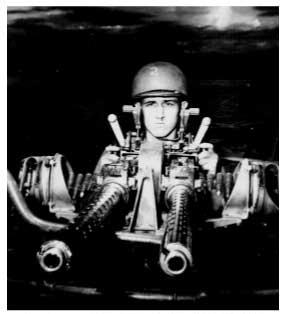
"Ye can know nothing of the end of all things, or nothing expressible in those terms. It may be, as the Lord said to the Lady Julian, that all will be well, and all will be well, and all manner of things will be well. But it's ill talking of such questions."
"Because they are too terrible, Sir?"
"No. Because all answers deceive. If ye put the question from within time and are asking about possibilities, the answer is certain. The choice of ways is before you. Neither is closed. Any man may choose eternal death. Those who choose it will have it. But if ye are trying to leap on into eternity, if ye are trying to see the final state of all things as it will be (for so ye must speak) when there are no more possibilities left but only the Real, then ye ask what cannot be answered to mortal ears.
Time is the very lens through which ye see — small and clear, as men see through the wrong end of a telescope — something that would otherwise be too big for ye to see at all. That thing is Freedom: the gift whereby ye most resemble your Maker and are yourselves parts of eternal reality. But ye can see it only through the lens of Time, in a little clear picture, through the inverted telescope. It is a picture of moments following one another and yourself in each moment making some choice that might have been otherwise. Neither the temporal succession nor the phantom of what ye might have chosen and didn't is itself Freedom. They are a lens. The picture is a symbol: but it's truer than any philosophical theorem (or, perhaps, than any mystic's vision) that claims to go behind it. For every attempt to see the shape of eternity except through the lens of Time destroys your knowledge of Freedom."



